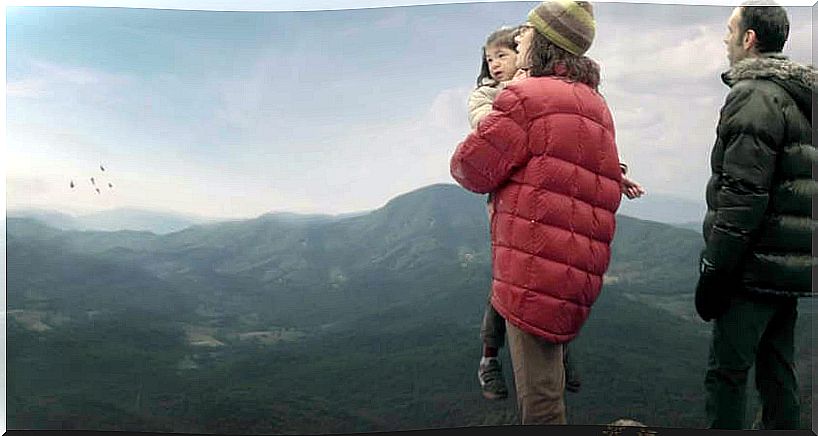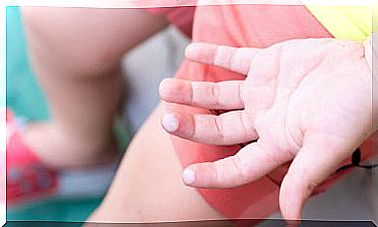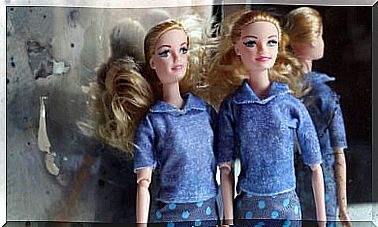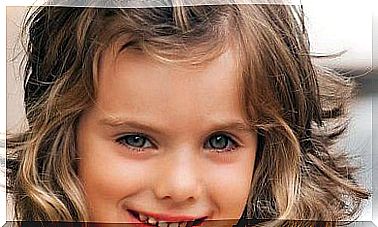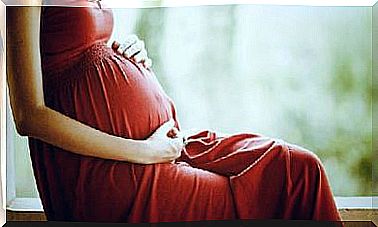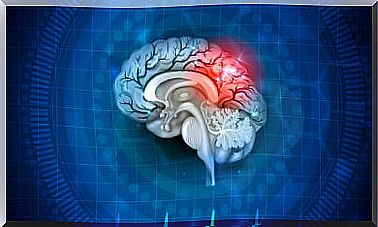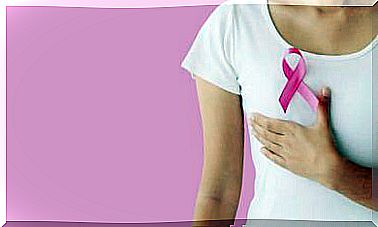World Pitt-Hopkins Syndrome Day
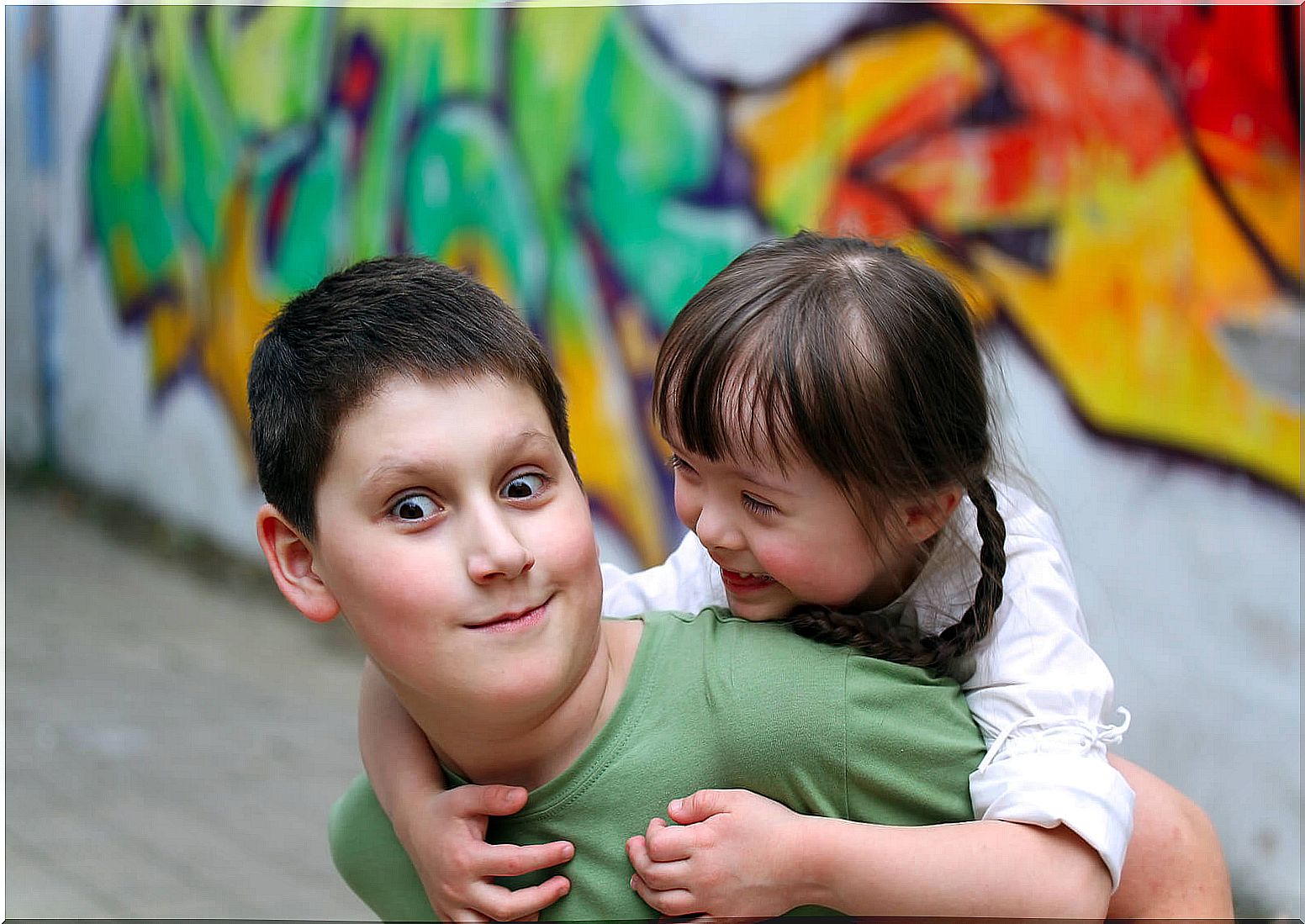
September 18 is World Pitt-Hopkins Syndrome Day, a genetic disease unknown to most of the population. For this reason, and to give visibility to people who suffer from this syndrome, we have decided to write these lines.
This rare disease was first described in 1978 by two Australian doctors named David Pitt and Ian Hopkins, who give the syndrome its name. Do you want to know why it occurs, what are its characteristics and what is the possible treatment? Well, pay attention to what we explain below.
Pitt-Hopkins syndrome
Pitt-Hopkins syndrome is a rare genetic disease caused by insufficient expression of the TCF4 gene on chromosome 18. Today it is not known exactly how many people it affects, but, according to the Pitt Hopkins Foundation, some estimates speak of a possible incidence of 1 in 35,000 births to 1 in 300,000 births.
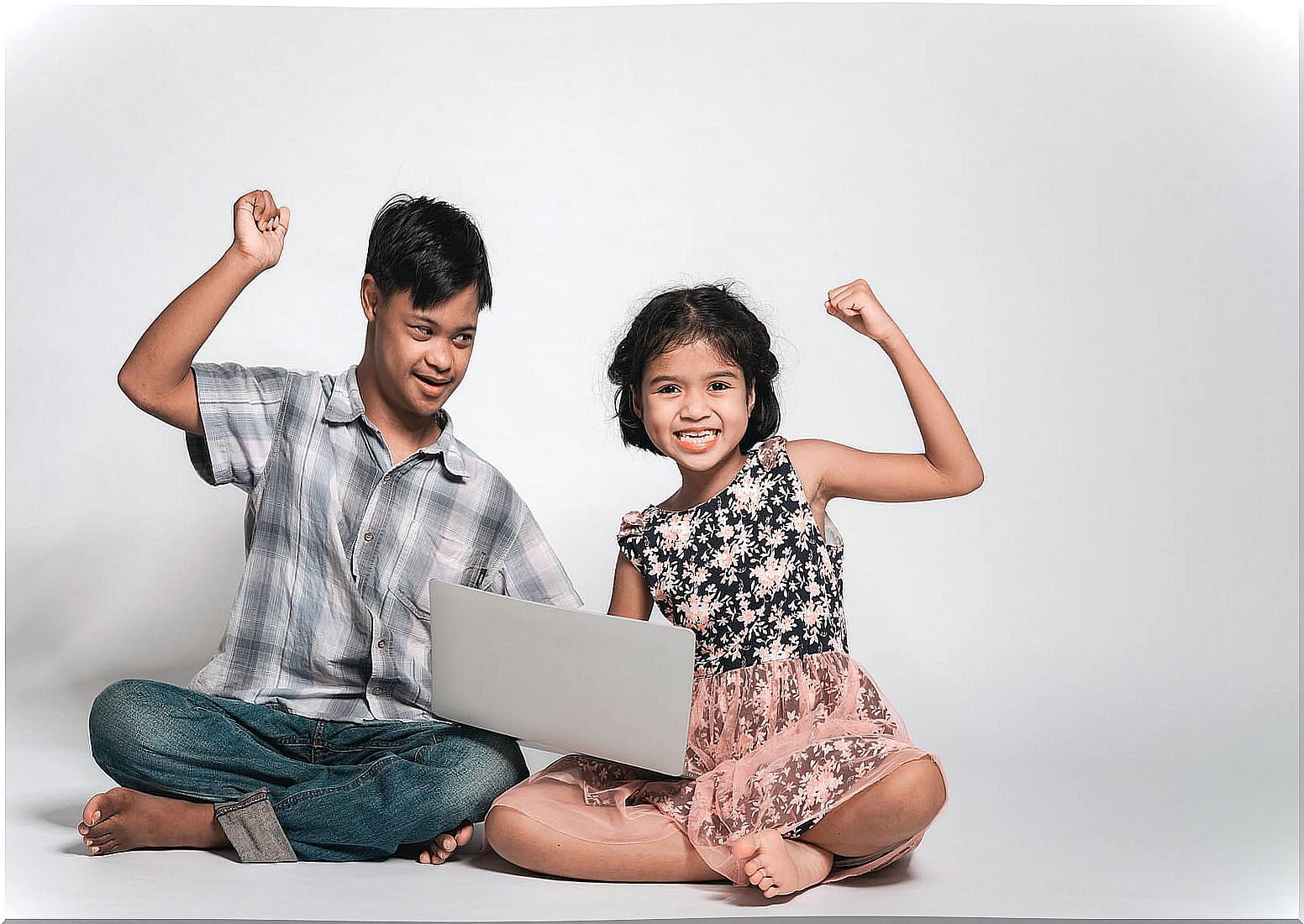
This disease is characterized by the presence of moderate or severe intellectual deficit, facial dysmorphia, respiratory problems and frequent seizures (epilepsy). Specifically, the symptoms that people who suffer from it usually present are the following:
- Microcephaly.
- Sunken eyes.
- Squint.
- Myopia.
- Wide and prominent nasal bridge.
- Wide mouth and thick lips.
- Widely spaced teeth.
- Ears with large propellers.
- Wide and shallow palate.
- Absence of language.
- Postnatal growth delay.
- Delay in psychomotor development.
- Hypotonia.
- Stiff gait, unstable and acquired late.
- Attacks of hyperventilation, which may be followed by a period of apnea (holding your breath).
- Appearance of joy and happiness.
- Spontaneous changes in mood with no apparent cause.
Keep in mind that a person diagnosed with Pitt-Hopkins syndrome does not always have all of these symptoms. In addition, many of these alterations go unnoticed during the first months or years of children’s lives.
Treatment of the disease
There is no specific treatment for Pitt-Hopkins syndrome, so this will depend on each case and the characteristics and symptoms that the child has. However, in general, one can speak of a treatment based on a multidisciplinary approach, which includes
- Physiotherapy, to work on difficulties related to psychomotor development.
- Occupational therapy, to promote the highest and best possible performance in activities of daily life.
- Speech therapy, to work on alterations in language development and stimulate communication through Augmentative and Alternative Communication Systems (SAAC).
- Ophthalmology, to solve eye problems.
- Dentistry, for dental and orthodontic intervention.
- Pharmacological treatment, to control episodes of epilepsy and hyperventilation seizures, as well as to treat gastroesophageal reflux, if any of these symptoms occur.

About World Pitt-Hopkins Syndrome Day
The fact that there is a World Pitt-Hopkins Syndrome Day, whose celebration takes place on September 18, makes it possible to publicize the existence of this rare disease to society, as well as to raise awareness and sensitize the population about the characteristics and consequences of it.
Thus, children with this syndrome and their families feel, in some way, understood and supported by the community. But this should not be limited only to a specific day, but throughout the year we must try to support non-profit associations.
This is the case of the Pitt Hopkins Research Foundation , which is dedicated to informing and researching on Pitt-Hopkins Syndrome, in order to improve the quality of life of these people and their immediate environment.
In fact, this collective support is essential to achieve progress in the treatment of this rare disease, as we remember that currently there is no cure or a definitive and effective treatment for Pitt-Hopkins syndrome.
In line with this, and finally, the following phrase by the Japanese writer Ryūnosuke Akutagawa should be noted: “Together we are a drop. United, an ocean ”. Well, let’s join forces and fight together to ensure that all people feel included in society and can enjoy a full life, regardless of their unusual characteristics.
